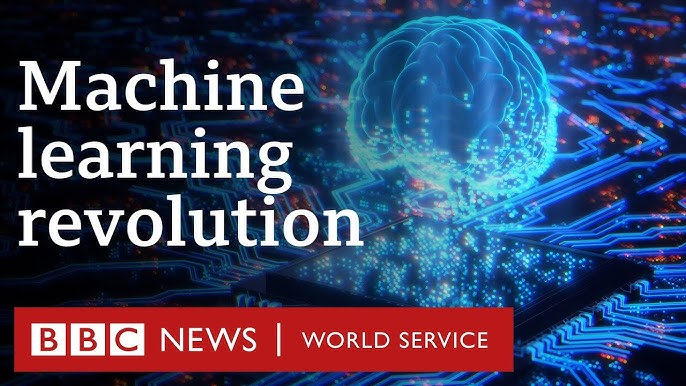Machine Learning (ML) is a subset of artificial intelligence that focuses on the development of algorithms and statistical models that enable computers to learn from data and improve their performance on a specific task without being explicitly programmed. In essence, machine learning algorithms can identify patterns, make predictions, and even make decisions.
Types of Machine Learning
- Supervised Learning: Involves training a model on a labeled dataset to predict outcomes for new, unseen data. Examples include classification (e.g., identifying spam emails) and regression (e.g., predicting house prices).
- Unsupervised Learning: Involves training a model on an unlabeled dataset to discover patterns and relationships within the data. Examples include clustering (grouping similar data points) and dimensionality reduction (simplifying complex data).
- Reinforcement Learning: Involves training a model to make decisions in an environment to maximize a reward. It’s often used for game playing, robotics, and self-driving cars.
Applications of Machine Learning
Machine learning is transforming various industries and aspects of our lives. Here are some key applications:
- Healthcare: Diagnosing diseases, developing new treatments, and predicting patient outcomes.
- Finance: Detecting fraud, analyzing market trends, and providing personalized financial advice.
- Customer Service: Providing personalized customer support through chatbots and virtual assistants.
- Manufacturing: Optimizing production processes, predicting equipment failures, and improving quality control.
- Transportation: Developing self-driving cars and optimizing transportation networks.
- Entertainment: Recommending movies, music, and products based on user preferences.
Ethical Considerations
The development and deployment of machine learning systems raise important ethical considerations, such as:
- Bias: Machine learning models can perpetuate biases present in the data they are trained on.
- Privacy: Ensuring the privacy of individuals whose data is used to train machine learning models.
- Job displacement: The potential for machine learning to automate tasks and displace human workers.
- Autonomous weapons: The ethical implications of developing autonomous weapons systems.
The Future of Machine Learning
Machine learning is a rapidly evolving field with immense potential. As technology continues to advance, we can expect to see even more innovative and impactful applications of machine learning in the years to come. However, it is crucial to address the ethical challenges associated with AI development to ensure that it is used for the benefit of humanity.
Would you like to learn more about a specific application of machine learning or its ethical implications?
